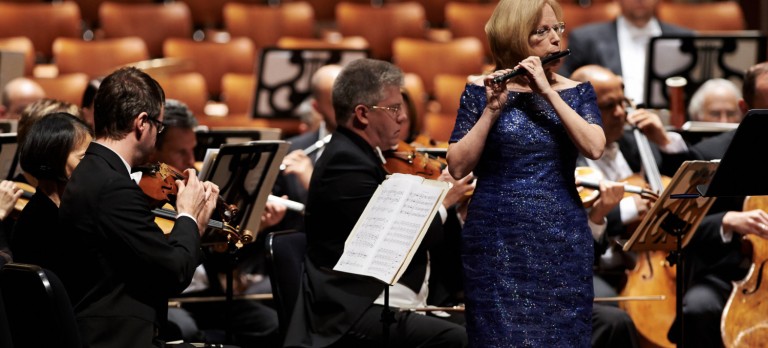How many hours of sleep are you getting? Most people say “not enough.” We know it’s important to sleep enough, to drink enough water, to exercise, and to eat a healthy diet that consists of more than pizza, coffee, and Red Bull. We know it, but we don’t do it. Reading this book, Why We Sleep (Unlocking the Power of Sleep and Dreams) by Matthew Walker convinced me that I needed to work on my own sleep hygiene. It’s an ongoing project, as lifestyle changes are difficult.
Many of the physical changes that happen to elite athletes when they are sleeping less that come from the more than 750 scientific studies that have investigated the relationship between sleep and human performance are listed in the book. This laundry list of negative stuff that happens to athletes doesn’t directly transfer over to the musicians whom I work with routinely. They do understand that they move for a living, the same way athletes do. In the musician world, it’s usually more refined and smaller movements, and generally, musicians are not sprinting around the performance stage. My students are not impressed with this type of information.
Matthew Walker says that post-performance sleep accelerates physical recovery from common inflammation, stimulates muscle repair, and helps restock cellular energy in the form of glucose and glycogen. My students’ ears perks up ... inflammation, muscle repair, more energy. Clearly, good stuff for your body is happening during sleep.
A study done in Wallker’s lab which is referenced in this book involved teaching test subjects to type a random pattern of letters. Each group was tested 12 hours after they practiced the pattern. The first group learned it in the morning and was tested 12 hours later on the same day. The second group learned it in the evening, slept for 8 hours and was tested in the morning. Each group had the same amount of practice time and 12 hours in between the practice and the test. The sleeping group showed a 20 % improvement in performance speed and a 35% increase in accuracy. The takeaway is that offline learning occurs during a period of sleep. Your brain is still working on the tasks you did during that day’s practice session. In the book, Walker writes, “Practice does not make perfect. It is practice, followed by a night of sleep, that leads to perfection.” Increases in speed and accuracy get my students’ attention, as these are areas that they are constantly striving to improve.
What if we structured our practice sessions, rehearsal schedules, and study sessions around a dedicated period of sleep? What if this sleeping time was a priority, not an afterthought? What if we decided to give our bodies and our brains what they need in terms of time to repair and grow? What would happen to our longevity as performing artists? What would happen to the quality of our performances now? What if we bought in to the fact that there is a way to work smarter instead of just working more and it just requires that you get yourself to bed on time? What if???


